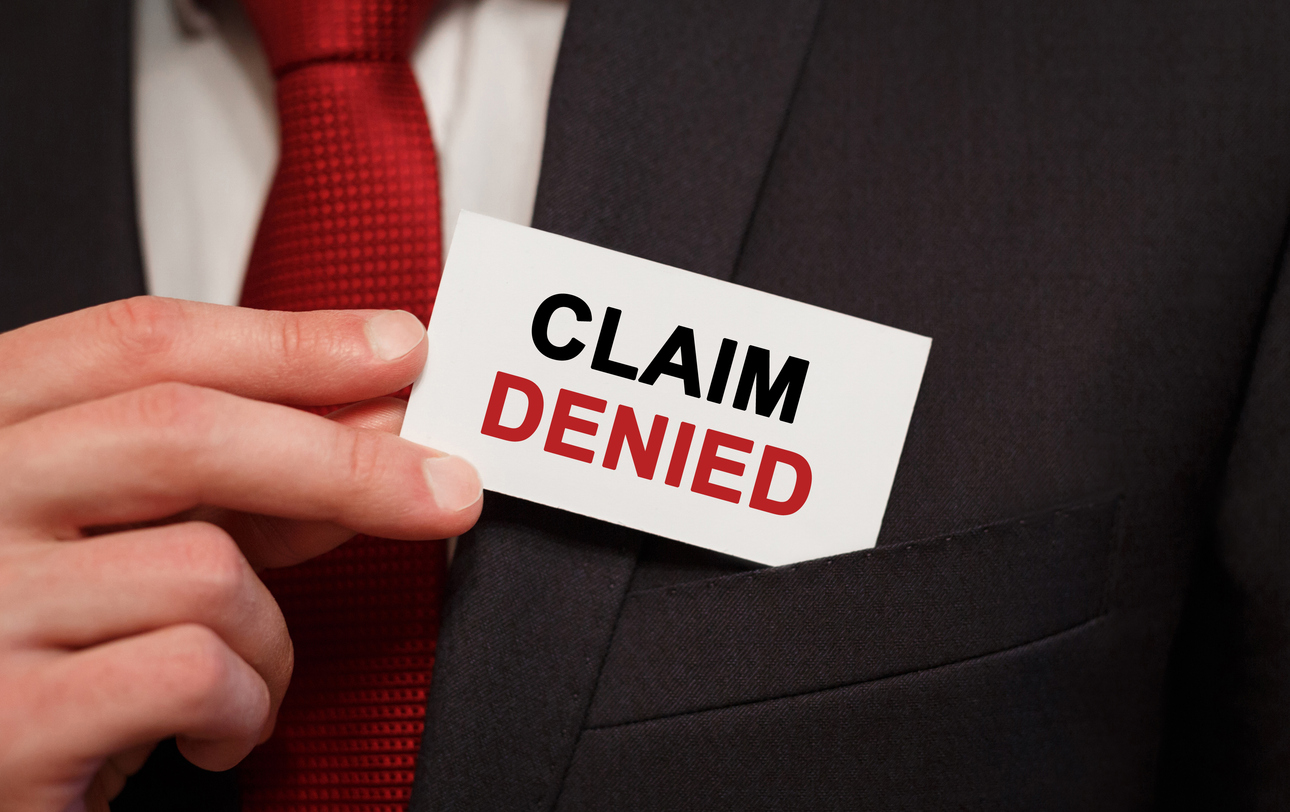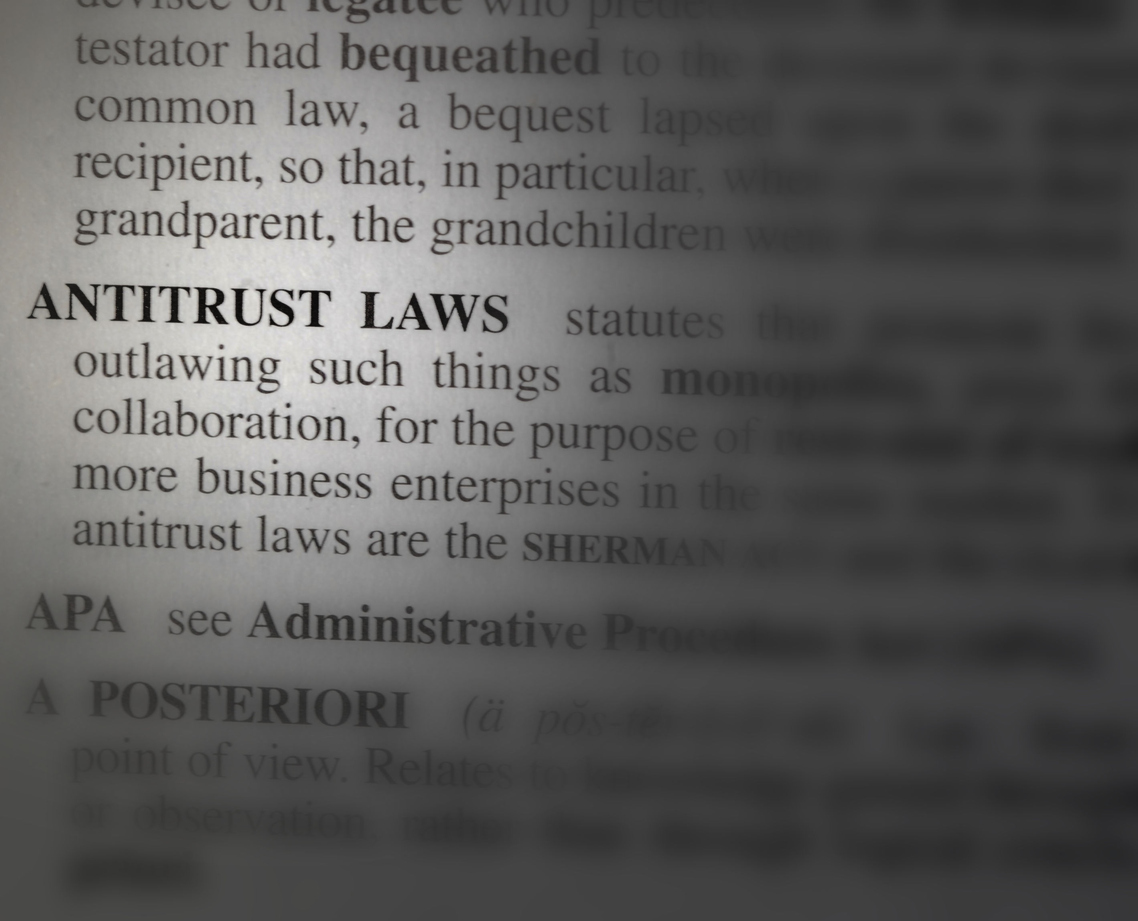Hurricane Ike insurance claims are getting to the point where people are upset that their insurance claims have not been paid. They are seeking answers and looking for help. This is common following disasters.
Usually, the upset policyholder has been through the following: provide notice of the claim, hope the field adjuster gets the Home Office to pay, wait, provide more information, wait some more, call, provide more information, receive a letter (maybe with a small payment) that explains that the investigation is continuing, write a letter in response, wait, call, wait, and then nothing or a denial letter.
Most of the time, policyholders tell me the field adjuster either apologizes for Home Office decisions or acts as if the policyholder has done something wrong by filing a claim.
Inevitably, they ask the same question:
"Doesn’t the insurance company have some type of duty to treat us right?"
The short answer is yes. The insurance company has an obligation of utmost good faith and fair dealing with its policyholders. But, what is good faith? What is good faith in the adjustment of a property damage claim?
Let’s start at the top–with claims management. A good faith duty of claims management is:
"To provide a sufficient number of properly trained and motivated claims adjusters with sufficient resources and authority to promptly and fully investigate coverage and evaluate damage so that the policyholder promptly receives all benefits contemplated under the insurance product."
I have never had a claims executive deny that this is a good faith during a deposition. The senior Claims Executive for FM Global agreed, saying that good faith is the "DNA" of the claims organization he oversees. It is a high standard, and it should be.
Claims adjustment is the performance of the insurer’s promise made long before any loss occurred. It occurs when policyholders are most vulnerable.
Following catastrophic and widespread disaster, policyholders are numb. Many go about emergency repairs, picking up pieces, consoling one another, and rendering aid to those less financially or emotionally equipped to deal with devastating loss. They generally are thankful for help and even strangely embarrassed to be in a position of vulnerability. Just under the surface, often suppressed, are feelings of sadness and loss. These emotions are often revealed in increased domestic violence, suicide, and drug or alcohol related events.
The insurance industry knows about these human responses. Good companies make certain their adjusters are trained to deal with people under such strain. Several years ago, the Windstorm Conference had a keynote speaker address this very issue.
The insurance industry knows that the last thing a policyholder needs is a hard-line claims attitude and technical claims ineptitude. Yet, in the field, I routinely hear examples of it.
I will have much more on this topic in the future. There seems to be a significant disconnect between the obligations of good faith and the performance of those duties.



